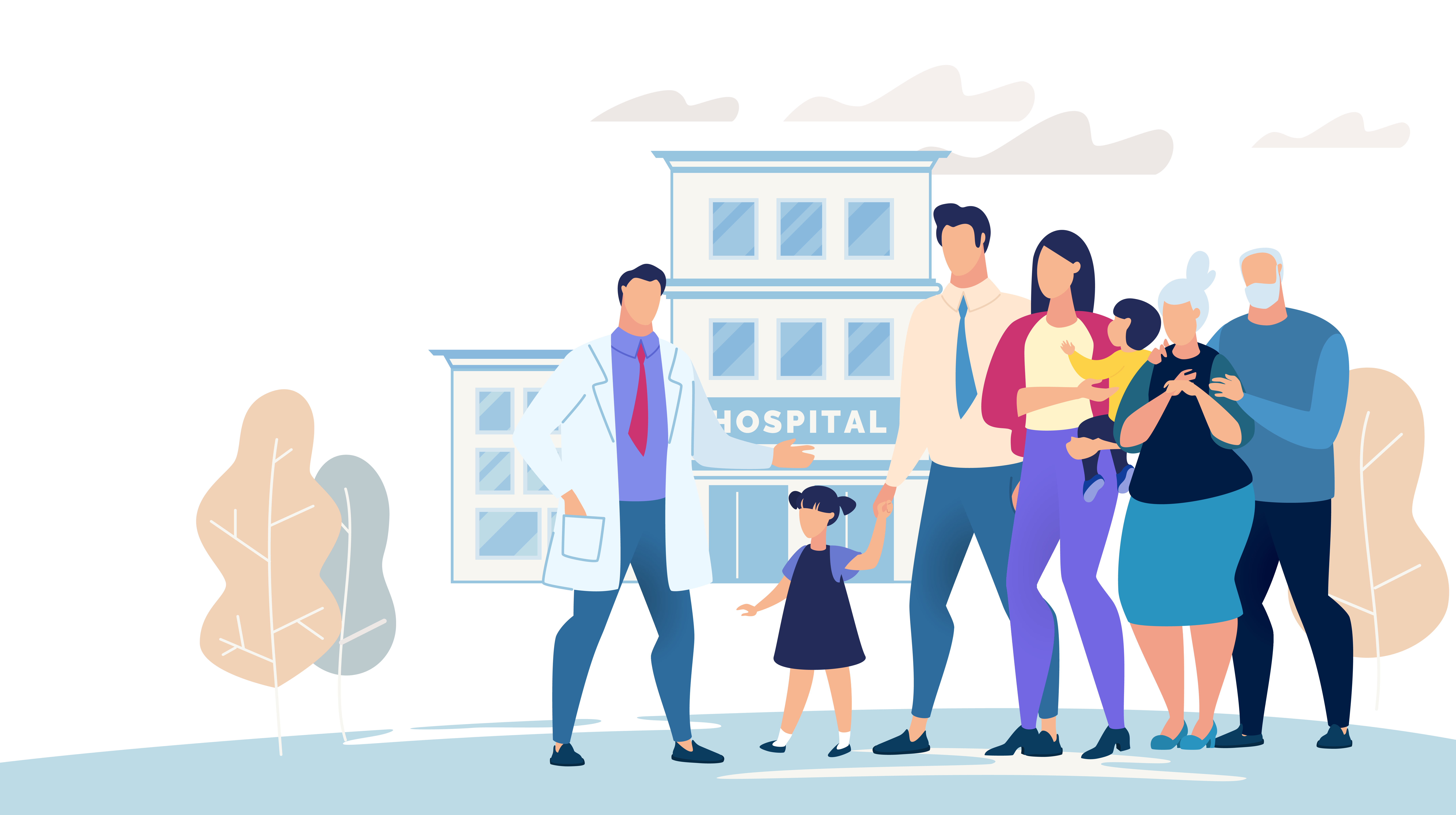
When a person turns 100 The hyphen which is usually a minus sign is replaced by a plus sign in the system to distinguish from a newborn. Hence, the personnummer doesnt contain any century figures.
The bank may also refuse you an account if you have previously acted dishonestly towards the bank.
If you have a driving license which was issued in an EU country is valid throughout your stay in Sweden. You can even exchange your driving license to Swedish license if you have permanent residence.
A driving license that was issued in non-EEA countries (excluding Switzerland and Japan) is valid for a maximum of one year in Sweden. It cannot be exchanged to Swedish license and If you want to continue driving in Sweden you will have to complete the risk education, and theory and practical examinations.
In Swedish preschools, play is a key component. There is a focus on basic values such as playing together, tolerance and consideration for others. Preschool is for children aged 1 to 5.
The year the child turns 6, he or she can participate in a non-compulsory preschool class (sexårsverksamhet) designed to help children meet future classmates and prepare for primary school without the stress of heavy studies or homework.
From the ages of 7 to 16, all children in Sweden are required to attend the compulsory school (grundskola), where they are taught a core group of basic subjects. Families can apply for before/after-school care for their children (fritids).
There is a charge for preschools and after-school care, but from the age of 6, all schooling in Sweden is free of charge and includes a hot lunch. Note, there is usually a fee for private schools and international schools.

The official website 1177.se offers extensive advice on healthcare topics in several languages as well as a search function (in Swedish) for nearby healthcare centers.
It is a 24-hour provider of free healthcare information and consulting. Phone 1177, or if you call from outside Sweden the number is: +46 771 11 77 00.
Once you are registered in Sweden (have received a personal identification number), you are entitled to healthcare under the same conditions as other residents of Sweden. This means that you pay the regular Swedish patient fee for medical care in the public healthcare system.
You can get ID cards issued by tax agency. You need to visit one of the Skatteverket’s office and pay the fee i.e 400 SEK before you visit them.
To be able to apply for an ID card, you must be registered as living in Sweden (having received the personal identification number), be able to show a receipt for the application fee payment and be able to show who you are (prove your identity).
Payouts of unemployment insurance take two forms, a basic benefit or an income-related benefit.
Unemployment insurance is not a part of the social insurance system in Sweden. Unemployment insurance is connected closely to the trade unions but is legally independent. When you start working in Sweden, investigate which unemployment insurance fund (widely known as A-Kassa) is available.
In order to receive an income-based benefit, you must have been a member of a voluntary unemployment insurance fund (A-kassa) for 12 months and have worked (been employed) for at least six months. In addition, some trade unions offer additional insurance against loss of income.
The European Commission has devised a system known as ECTS (European Credit Transfer System) . It allows for the transfer of higher education credits between European countries. The Swedish Council for Higher Education (UHR) evaluates foreign qualifications in order to provide support for people looking for work in Sweden, people who wish to continue studying, or for employers who wish to employ someone with foreign qualifications.